1. Ethel Waters
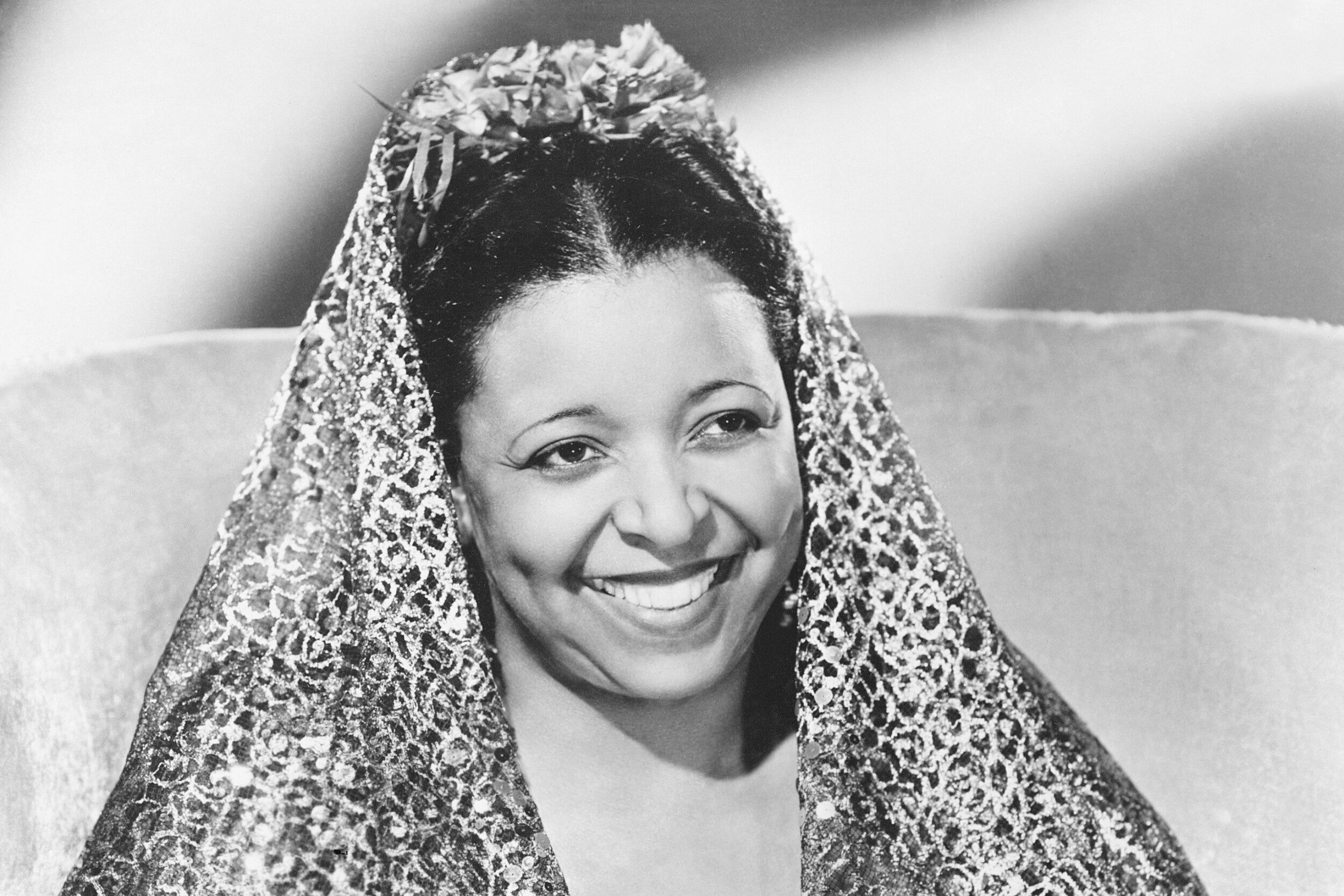
Ethel Waters wasn’t just a groundbreaking actress—she was a force of nature who refused to be put in a box. Before she became one of the first Black women to star in a TV series, Beulah, in ’50, she had already conquered Broadway and Hollywood. But her time on Beulah was complicated. She left after just one season, unhappy with how the character reinforced stereotypes. Still, she paved the way for future Black actresses to demand better roles shares New York Daily News.
Beyond TV, Waters broke barriers in film and music, becoming the first Black woman nominated for a Primetime Emmy in ’60. She made history with her dramatic role in Route 66, proving Black actresses could do more than just comedic or domestic roles. Her legacy might not be as widely discussed today, but her influence is everywhere. Without her, there’s no Cicely Tyson, no Viola Davis—just a Hollywood missing a crucial piece of its foundation.
2. Tim Moore
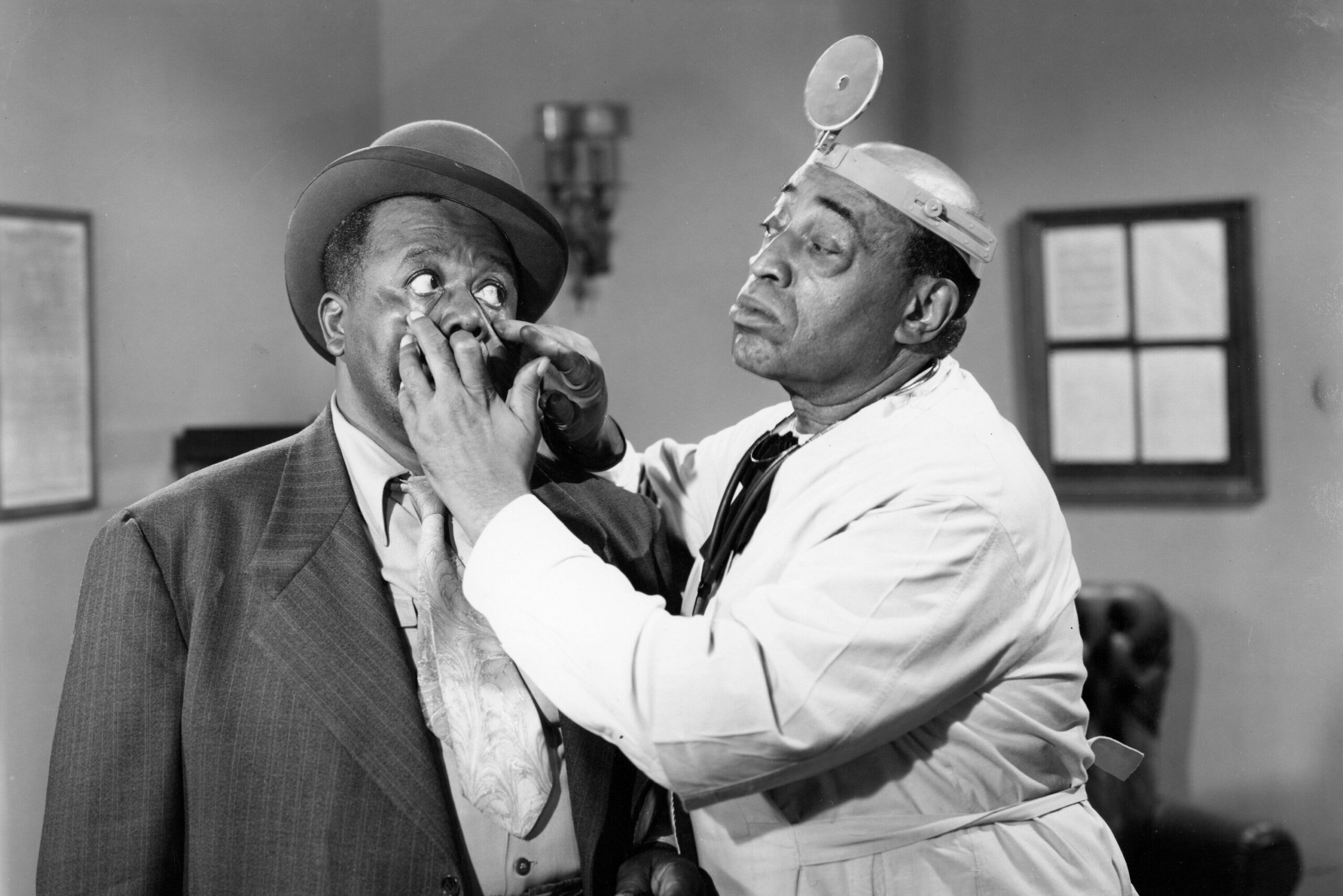
Tim Moore was the heart and soul of Amos ‘n’ Andy, playing George “Kingfish” Stevens, a role that made him one of TV’s first Black stars. Though the show faced backlash for its portrayal of Black life, Moore’s performance was undeniably charismatic and complex. He had decades of experience in vaudeville and film, bringing a sharp comedic style that made Kingfish unforgettable. Unlike many early Black actors, Moore was known for his business savvy, negotiating his own contracts.
After Amos ‘n’ Andy ended, Hollywood wasn’t exactly knocking on his door. Like so many early Black stars, he was a victim of an industry that didn’t know what to do with its trailblazers. But Moore’s work inspired later sitcoms with all-Black casts, like Sanford and Son and The Jeffersons. He proved that Black-led TV shows could be wildly successful—even if Hollywood took its time catching up.
3. Nichelle Nichols
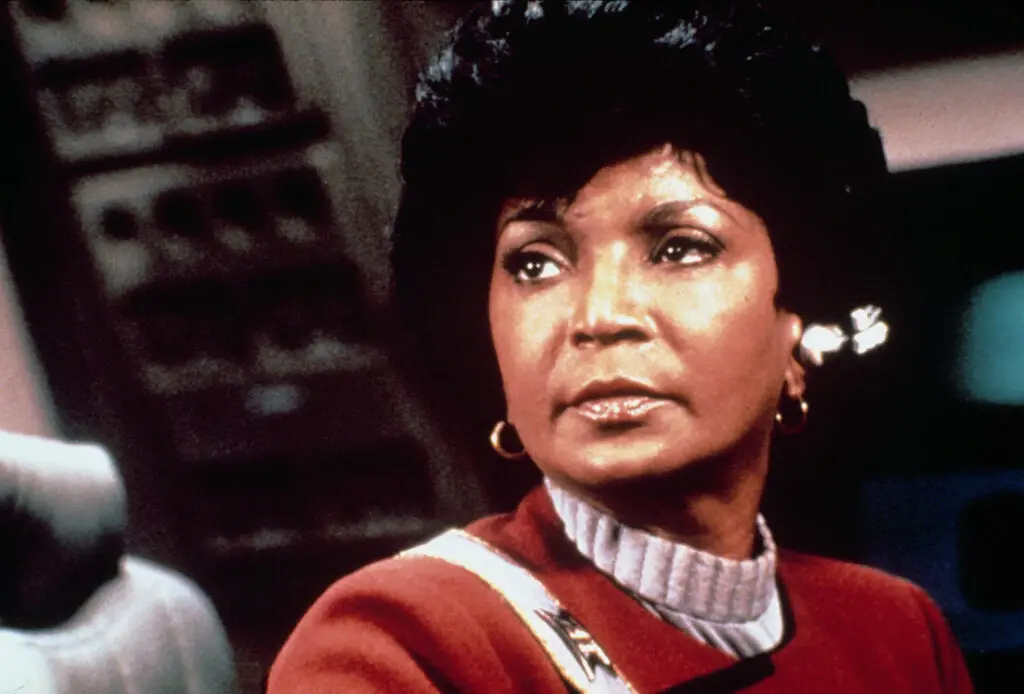
Nichelle Nichols didn’t just play Lieutenant Uhura on Star Trek—she became a symbol of hope and progress. Her role as a competent, respected officer in ’66 was revolutionary, breaking the mold of how Black women were portrayed on television. She even considered leaving the show until Dr. Martin Luther King Jr. convinced her to stay, explaining how important it was for Black audiences to see her in a position of authority. That conversation changed her mind—and TV history says Cinemablend.
Her legacy went beyond entertainment. Nichols worked with NASA to recruit more women and people of color into the space program, directly inspiring real-life astronauts like Dr. Mae Jemison. She showed Hollywood that diversity wasn’t just about representation—it was about changing perceptions. Without her, sci-fi might have remained a genre where Black characters were an afterthought. Instead, she helped make it a place where they could lead.
4. Ivan Dixon
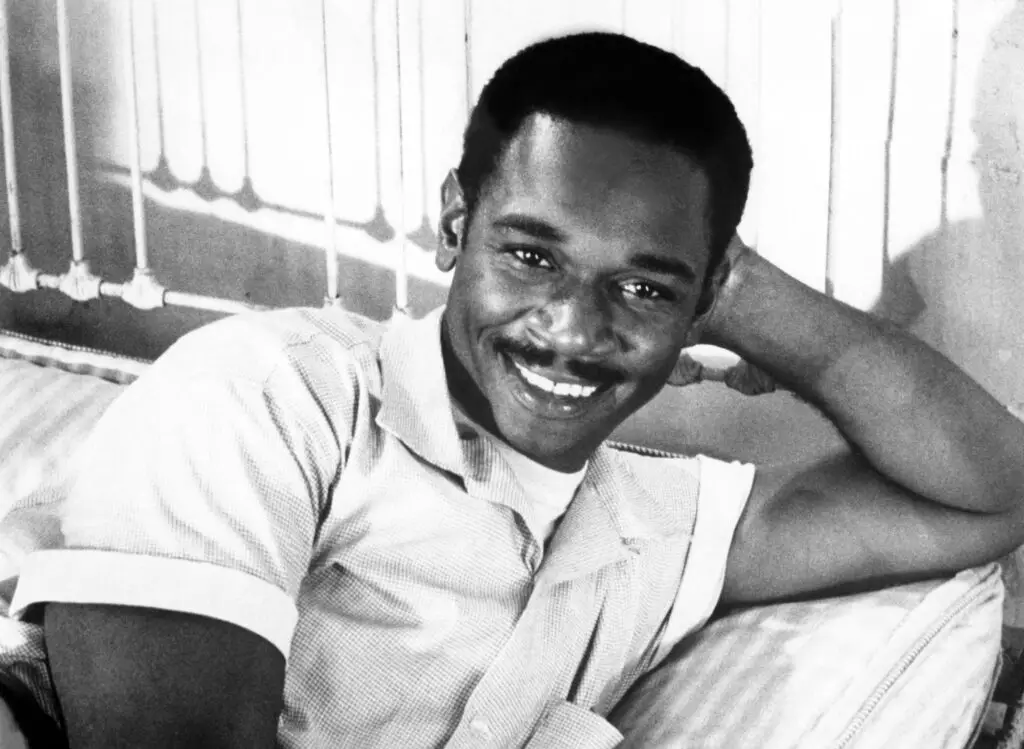
Ivan Dixon might be best known for playing Kinchloe on Hogan’s Heroes, but his impact went far beyond acting. He was one of the few Black actors in the ’60s who consistently played intelligent, capable characters rather than stereotypes. As Kinchloe, he was the radio expert who kept the POW camp connected—a role that subtly challenged racial expectations. But Dixon wanted more, and he eventually left the show to focus on directing and producing.
That decision changed Hollywood. Dixon became a trailblazing director, working on shows like The Waltons, The Rockford Files, and Magnum, P.I. at a time when Black directors were rare. He also directed The Spook Who Sat by the Door, a powerful film about Black revolutionaries that Hollywood barely acknowledged. Dixon proved that Black creatives could have a voice behind the camera, not just in front of it.
5. Diahann Carroll
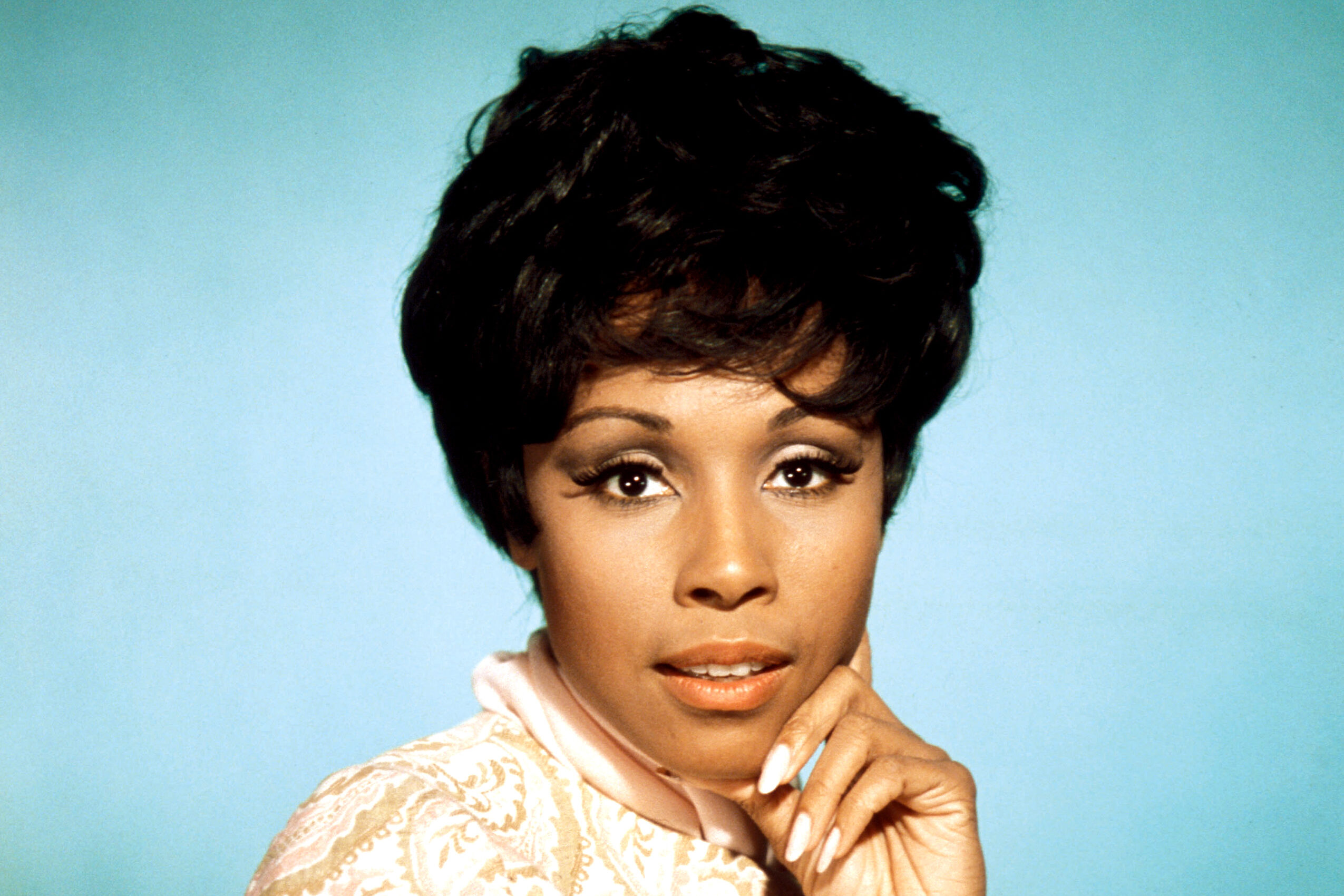
When Julia premiered in ’68, Diahann Carroll made history as the first Black woman to lead a TV series in a non-servant role. Julia wasn’t a maid, a cook, or a sidekick—she was a widowed nurse raising her son, a character who defied every stereotype Hollywood had placed on Black women. Carroll fought hard to ensure Julia wasn’t just a one-dimensional figure, and her work paid off. The show was a massive success, opening doors for Black actresses in leading roles.
Carroll’s career didn’t stop there. She went on to steal scenes in Dynasty as the glamorous Dominique Deveraux, proving that Black women could be just as powerful and stylish as their white counterparts. She set the stage for actresses like Kerry Washington and Taraji P. Henson, who now lead major dramas without question. Carroll’s legacy isn’t just about what she accomplished—it’s about what she made possible for those who followed.
